Question And Answer
Publications
Articles, publications, books, tools and multimedia features from the U.S. Institute of Peace provide the latest news, analysis, research findings, practitioner guides and reports, all related to the conflict zones and issues that are at the center of the Institute’s work to prevent and reduce violent conflict.
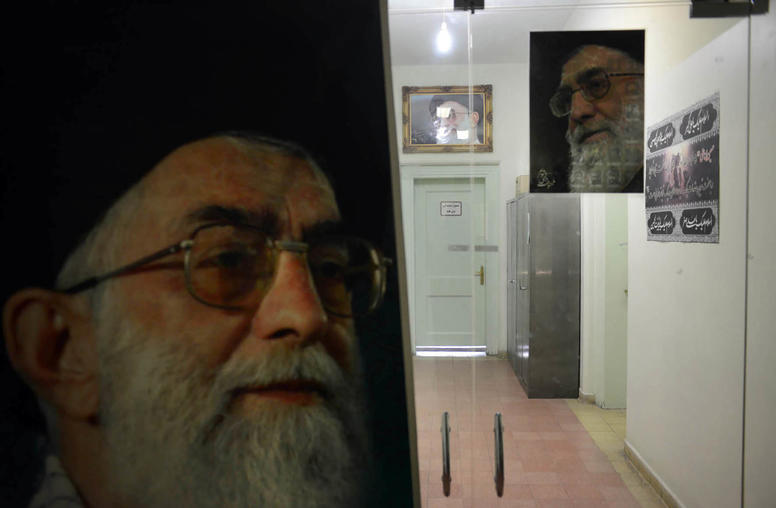
Why Now? The Tortured History of Iran’s Hostage Seizures
In January 1981, I stood at the foot of the Air Algerie flight that flew 52 American diplomats to freedom after 444 days as hostages in Iran. Some of them were my friends. I still remember their gaunt appearances after being caged and cut off from the world for so long as they quietly disembarked. That original hostage crisis was a turning point in U.S. history in the 20th century — and has shaped angry American views of the Islamic republic ever since.
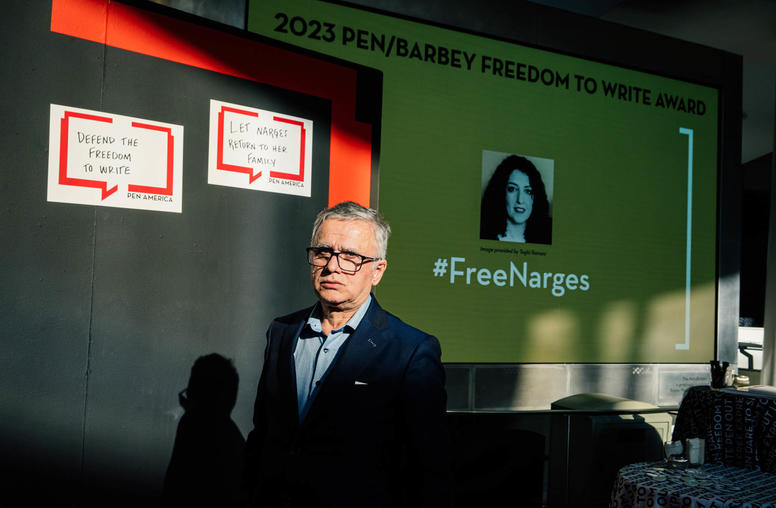
Iranian Human Rights Activist Wins Nobel Peace Prize
The 2023 Nobel Peace Prize was awarded to Narges Mohammadi, an imprisoned Iranian scientist, journalist and human rights activist, for her principled and persistent campaign against the increasingly repressive regime in Iran. The award also acknowledged the broader Iranian women’s movement, which last year spearheaded the first counterrevolution in history triggered, led and sustained by females, many in their teens. “This year’s Peace Prize also recognizes the hundreds of thousands of people who, in the preceding year, have demonstrated against Iran’s theocratic regime’s policies of discrimination and oppression targeting women,” the Nobel Committee said.
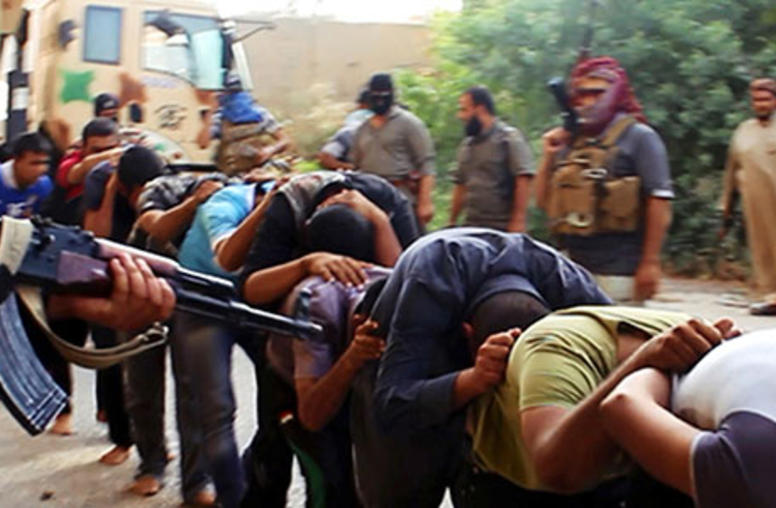
The United States Will Never Win the Propaganda War Against the Islamic State
To win hearts and minds in the Middle East, America needs to let local allies do the talking.
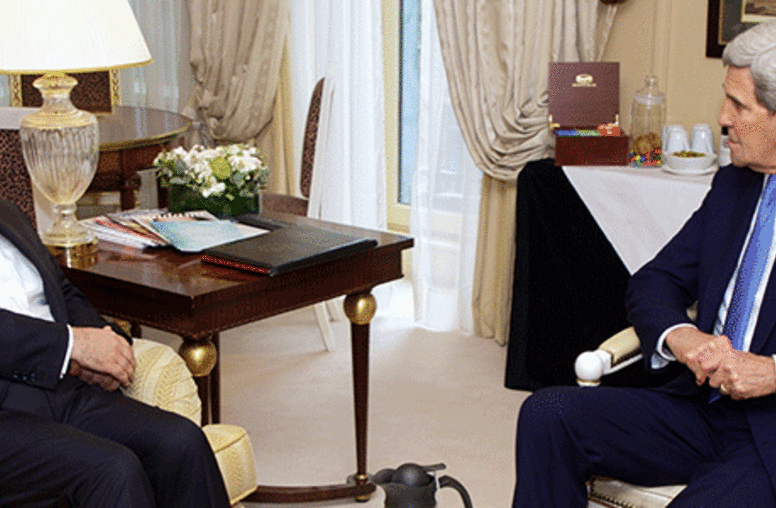
Q&A: Iran Nuclear Talks
Talks between Iran and six major powers—the U.S., the U.K., China, France, Germany and Russia—seek a framework agreement by March 24 with technical details by June. But leaders on all sides face intense—and sometimes harrowing—domestic pressure from opponents who fear a final agreement will give away too much. Robin Wright, an author and distinguished fellow at the U.S. Institute of Peace, explores the dynamics of the diplomacy.
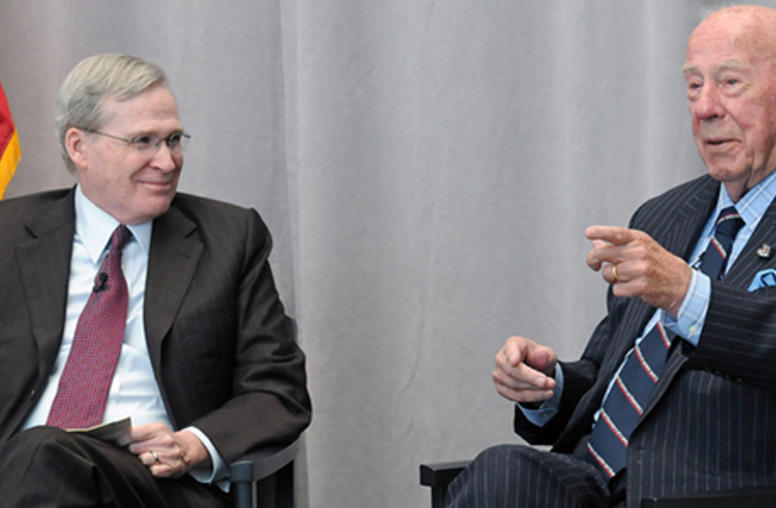
China Has Peaked as a Challenger to U.S. Power, Former Secretary of State Shultz Says
While China continues to grow as an economy and a military and political power, its overall influence relative to the United States has passed its peak, former Secretary of State George Shultz said at the U.S. Institute of Peace January 30. As China’s population ages, fewer working-age people must support a larger aged and dependent populace. “I think China, in relation to the U.S., has already reached its peak,” Shultz said in offering the Institute’s annual Dean Acheson Lecture.
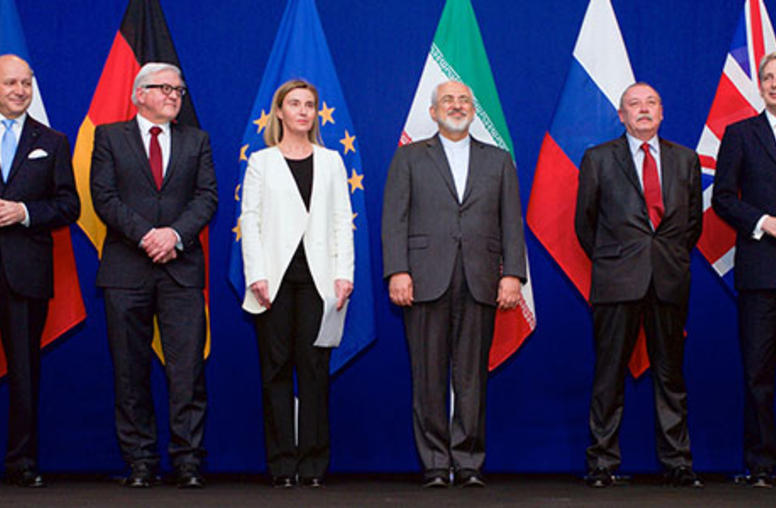
Q&A: In Principle, a Nuclear Agreement with Iran?
Iran has agreed with six major powers—the five permanent members of the U.N. Security Council plus Germany—to limit its nuclear activities for at least a decade in exchange for an end to international economic sanctions. This agreement on principles, announced yesterday, is incomplete. More talks will be needed to decide numerous technical details, including the pace at which sanctions will be lifted. As USIP’s Robin Wright explores the ramifications of the agreement for Iran’s place in the w...
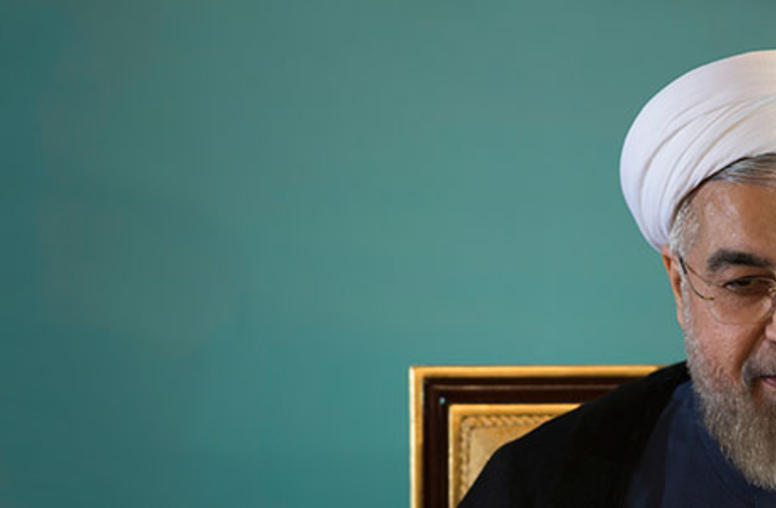
Q&A: Nuclear Deal Will Boost President Rouhani
Yesterday’s announced framework for a deal on Iran’s nuclear program will limit Iran’s nuclear activities in exchange for an end to international economic sanctions against the country. Many experts, including USIP’s Daniel Brumberg, have offered analysis of the agreement’s details, including its chances of preventing Iran from reaching a nuclear-weapons capability. Less attention has focused on the meaning of the accord for Iran and its place in the world. USIP expert and author Robin Wright...

Halting Yemen’s War: U.S. Must Lead, Nobel Peace Laureate Says
Tawakkol Karman, the Yemeni human rights activist who won the Nobel Peace Prize in 2011, called on the United States to assume a bigger role in trying to revive a political process that might end the war now tearing her country apart. She urged the U.S. government to lead in pressing for a cease-fire and the transformation of Yemen’s militias into political parties.
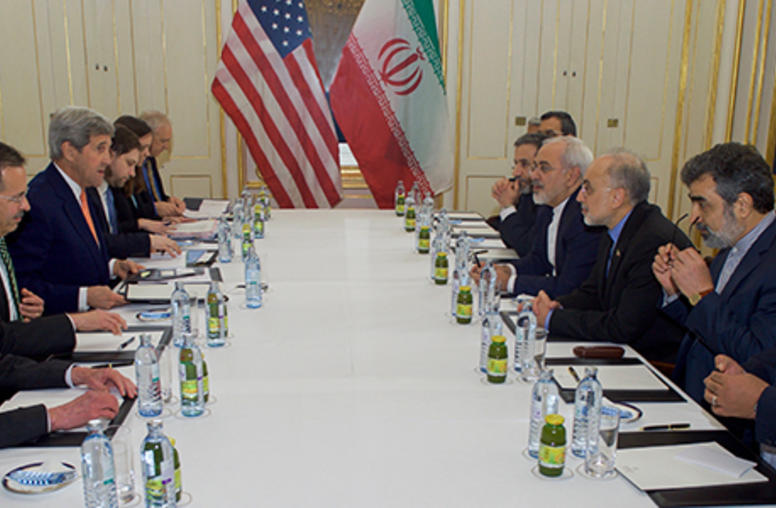
Q&A: Iran Nuclear Accord Milestone
In a historic milestone of the nuclear agreement reached in July between Iran and the world’s major powers, the United Nations’ nuclear watchdog certified on January 16 that Iran had complied with restrictions on its nuclear program and the international community lifted a range of sanctions imposed on the regime over the past decades. Daniel Brumberg, a special advisor at the U.S. Institute of Peace, considers the ramifications for the region and the world.
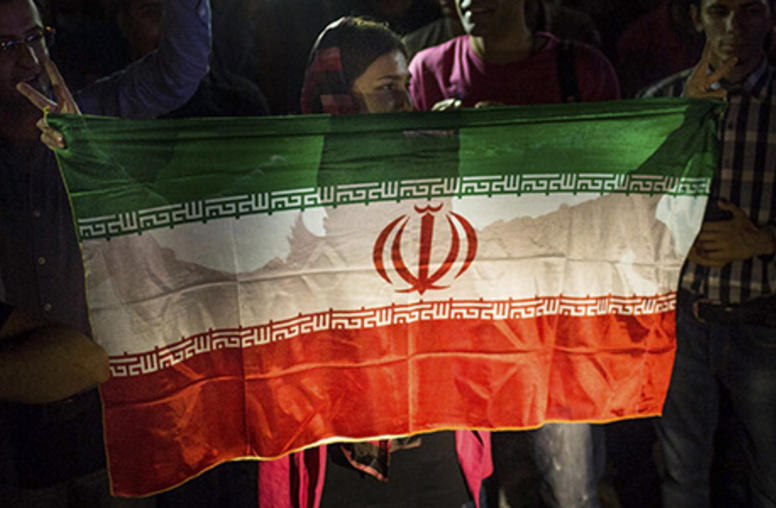
Q&A: Iran’s Elections Erode Hardliners’ Dominance
Results from Iran’s elections last week show that reformists, centrists and independents—including many new faces—won seats in both parliament and the clerical Assembly of Experts at the expense of hardliners. Garrett Nada, the assistant editor of The Iran Primer at the U.S. Institute of Peace, discusses the implications.